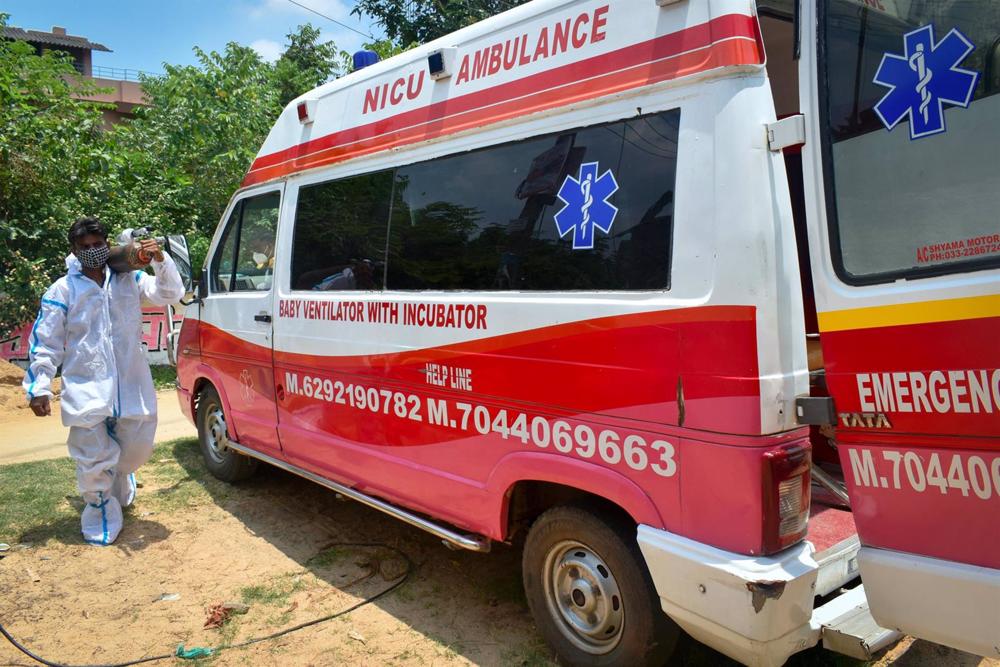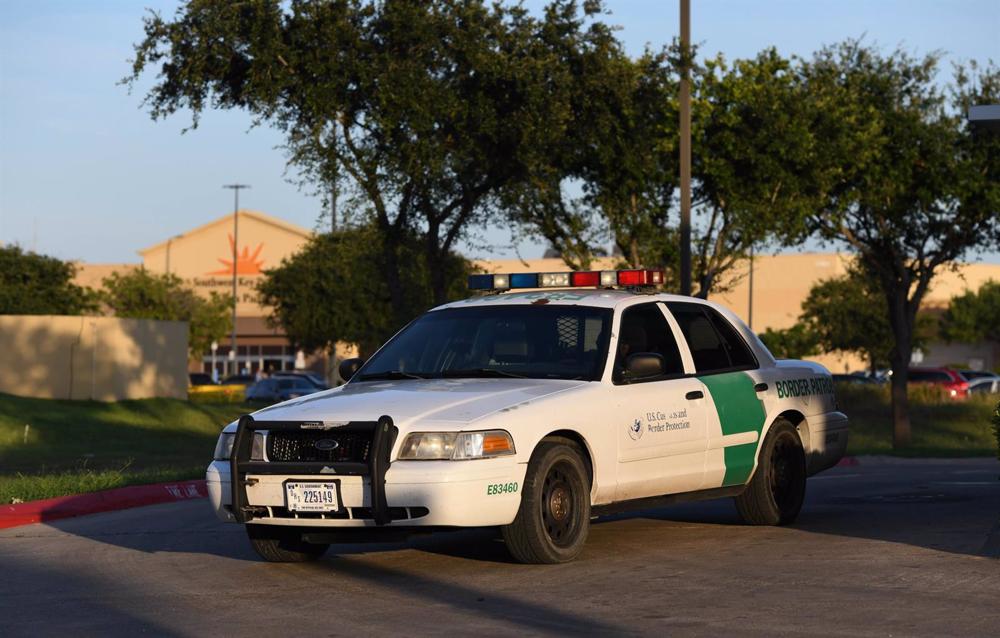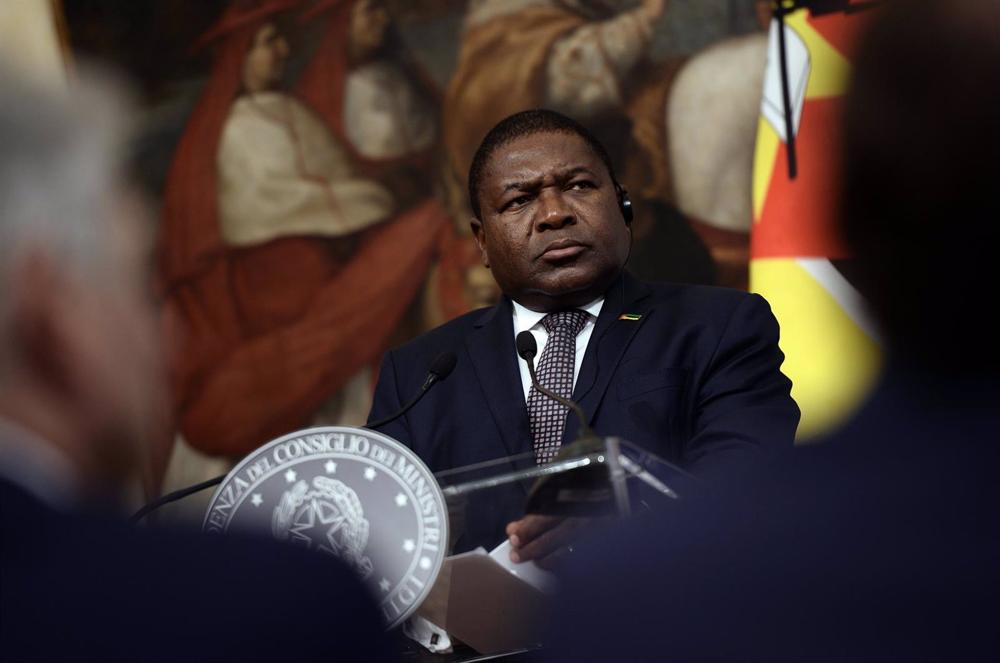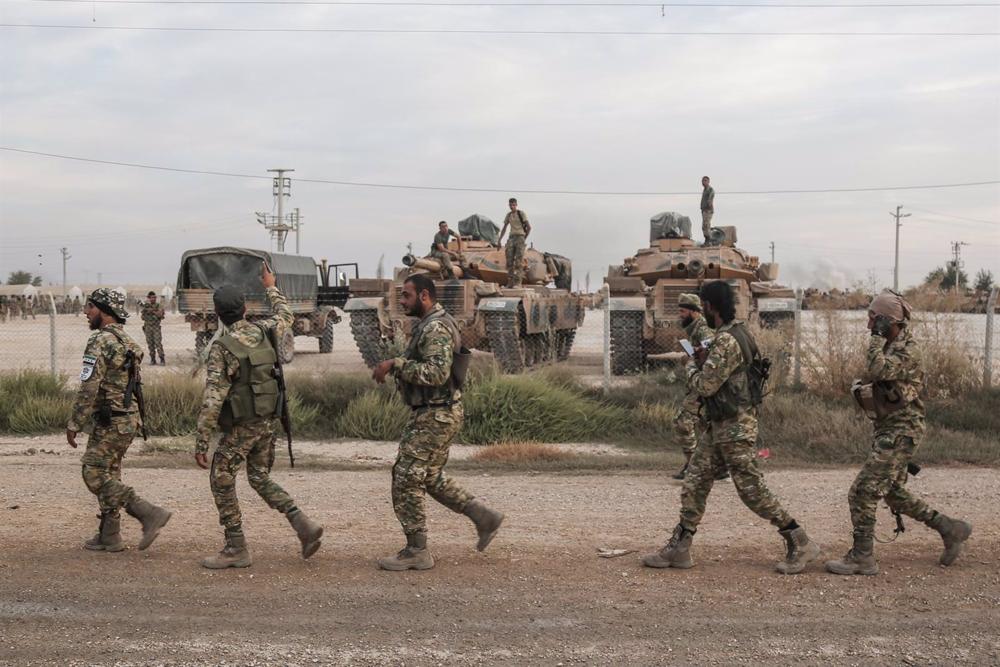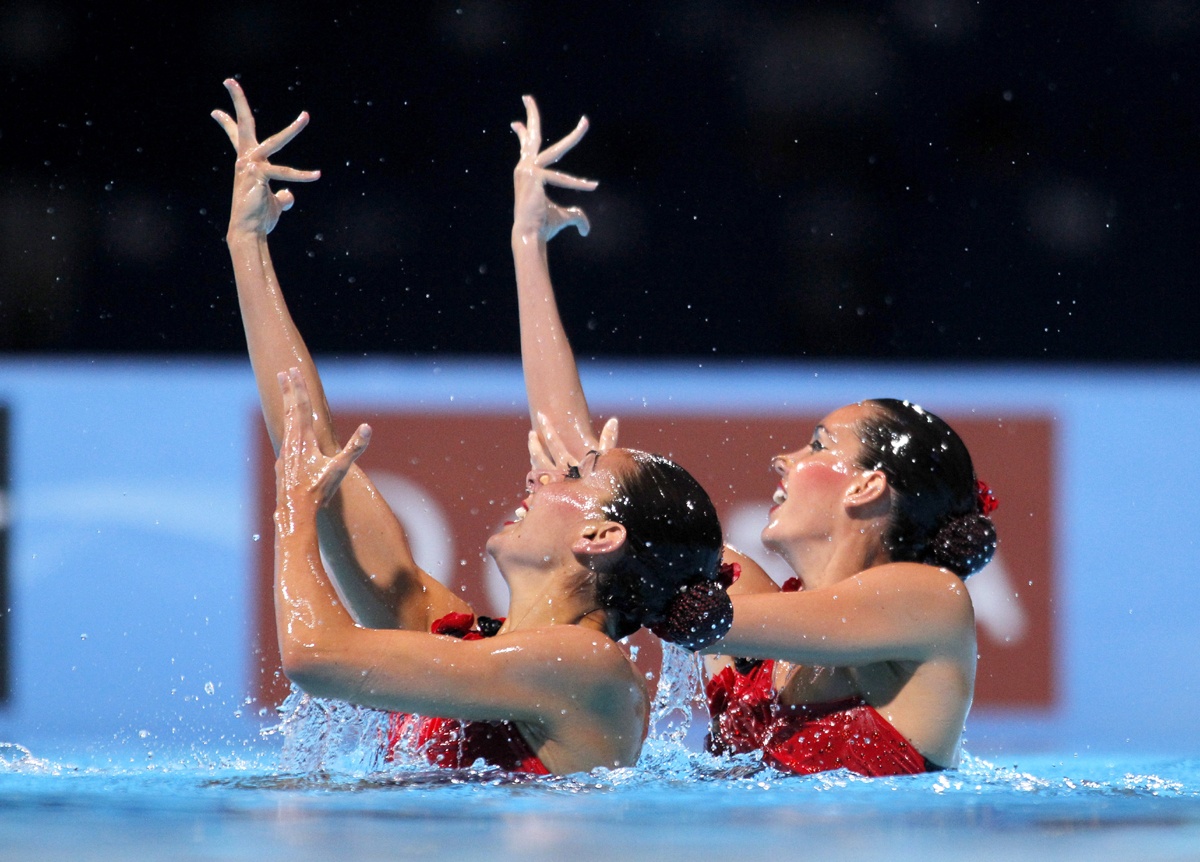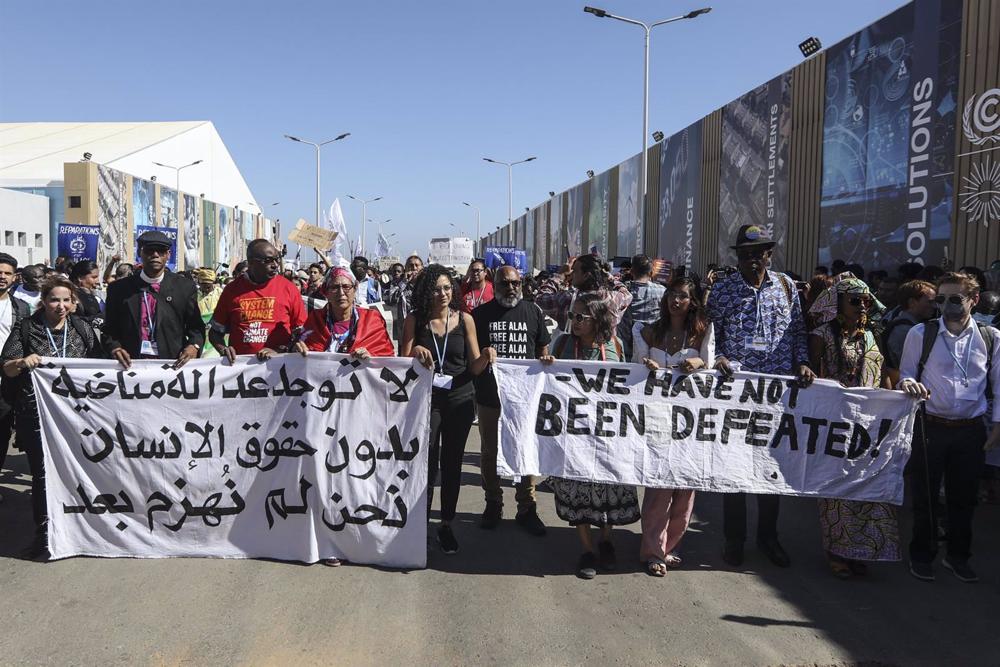
Egyptian activist Alaa Abdelfatah’s health has deteriorated «severely» over the past two weeks after he ended his hunger strike on Tuesday, his sister and fellow activist, Mona Seif, has said.
His mother, Laila, and sister, fellow activist Sanaa Seif, visited Abdelfatah on Thursday on his birthday days after the activist ended his hunger strike after stopping drinking water in a bid to put further pressure on Egyptian authorities for his release, coinciding with the start of the Climate Summit (COP27) in Sharm el-Sheikh.
Following the visit, his sister Sanaa stressed on her official Twitter profile that he was «fragile, vulnerable and emotional.» «All he needed was to have us with him. But again the visit was behind glass with a phone,» she has said.
The Egyptian activist renewed his hunger strike on Nov. 6, after which authorities reported that he underwent a «medical intervention.» Abdelfatah confirmed in a letter on Monday that he had resumed drinking water.
«The most important thing is that I want to celebrate my birthday with you on Thursday. I haven’t celebrated anything for a long time, and I want to celebrate with my cellmates, so bring a cake and provisions. I have broken my (hunger) strike,» read Abdelfatah’s missive picked up by Seif on Tuesday in a Twitter post.
Abdelfatah, a leading Egyptian blogger and one of the main figures in the popular uprising against Hosni Mubarak in 2011 as part of the ‘Arab Spring’, has been in prison for nine years and in 2021 was sentenced to another five-year jail term for «spreading false news», charges that various NGOs have branded as trumped up.
The current Egyptian president, Abdelfatá al Sisi, came to power in a coup d’état in July 2013, which he led after a series of mass demonstrations against the then president, the Islamist Mohamed Mursi, the first democratically elected president of the country, who died in 2019 during a court hearing against him following his arrest after the uprising.
The leader has promoted a broad campaign of repression and persecution against opponents, both liberal groups and Islamist organizations – going so far as to declare the Muslim Brotherhood a terrorist organization – an initiative that human rights groups have denounced as the most serious in recent times.
